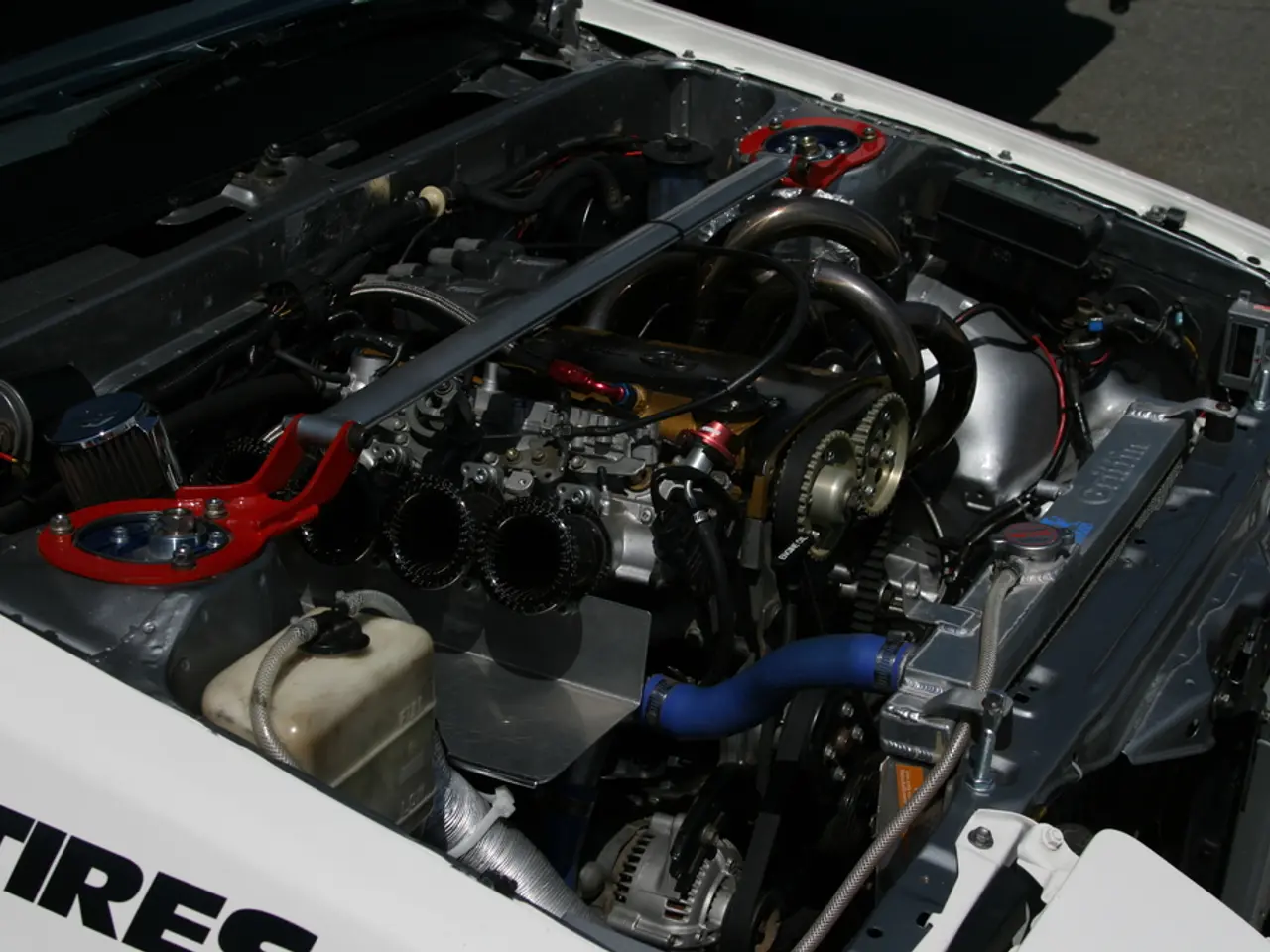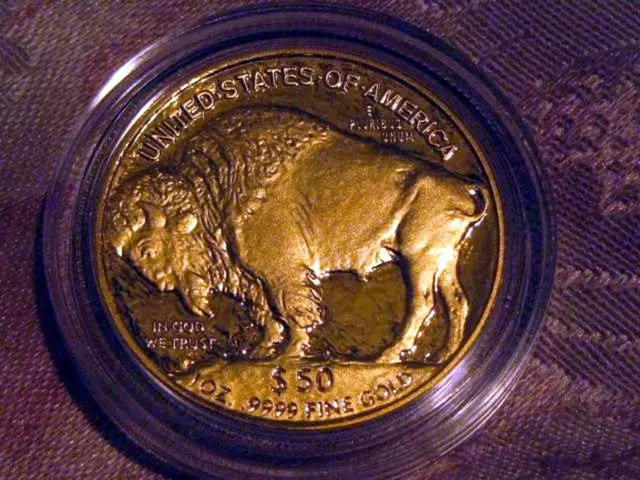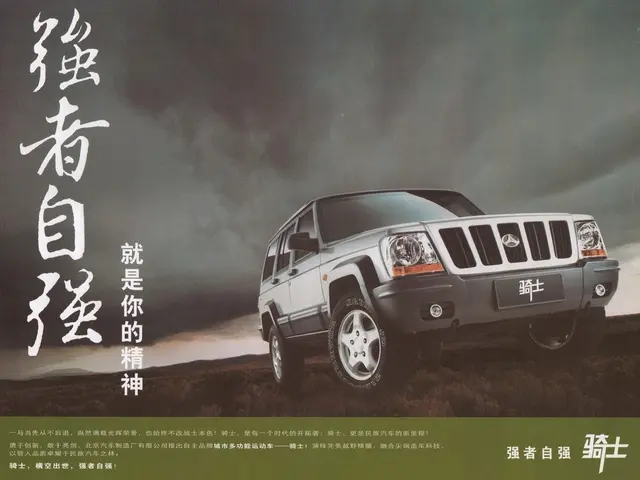Car Manufacturers in the EU Voice Impracticality of Internal Combustion Engine Ban
Automotive Industry Faces Challenges Amidst EV Transition and Ban on Combustion Engines
The automotive industry is facing mounting pressure due to the cooling demand for electric vehicles (EVs) and rising financing costs, causing companies like Continental AG to cut jobs and Valeo SE to warn on profitability. This pressure is compounded by the uneven adoption of battery-powered vehicles across the European Union.
Environmental groups argue that industry warnings about the ban on combustion engines are exaggerated, pointing to steady growth in EV sales and a wave of new European battery projects. However, the majority of earnings for carmakers are still generated from combustion-engine models, specifically high-margin SUVs and premium cars.
The ban on combustion engines, a topic of debate and tension, has been narrowly approved in Brussels after years of debate. Automakers have rolled out dozens of electric models, but battery-powered vehicles still make up only about 15% of sales. Ola Källenius, President of the European Automobile Manufacturers' Association and CEO of Mercedes-Benz Group AG, stated that meeting CO2 targets for 2030 and 2035 is no longer feasible. Matthias Zink, President of the European Association of Automotive Suppliers and a senior executive at Schaeffler AG, also expressed the same view.
The leaders of the industry's main lobby groups have urged European Commission President Ursula von der Leyen to revisit plans to phase out fossil fuel-powered vehicles by the mid-2030s. The letter from the industry's main lobby groups calls for the European Union's transformation plan for the auto industry to move beyond idealism and acknowledge current industrial and geopolitical realities.
The intervention by the carmakers highlights growing tension between Europe's climate ambitions and the economic strains in its biggest manufacturing sector. The letter suggests that Europe's auto industry and its supplier network risk weakening due to the EU's planned ban on combustion engines. Countries including France and the Netherlands have already aligned their national policies with the EU's planned ban.
China's dominance of the electric-vehicle supply chain and new U.S. trade barriers are cited as fresh hurdles by the carmakers. The European automobile manufacturers addressed their concerns in an open letter to President von der Leyen, who has been in office since 2019 and was re-elected in July 2024 for a second term lasting until 2029.
Analysts expect the squeeze on the supply chain to lead to more restructuring. EU policymakers continue to defend the 2035 ban on combustion engines as essential for meeting climate goals. The growth of EV sales and the development of new European battery projects are points of contention in the debate about the EU's planned ban on combustion engines.
The top photo shows exhaust fumes from a car, a stark reminder of the challenges faced by the industry as it transitions towards a more sustainable future.







